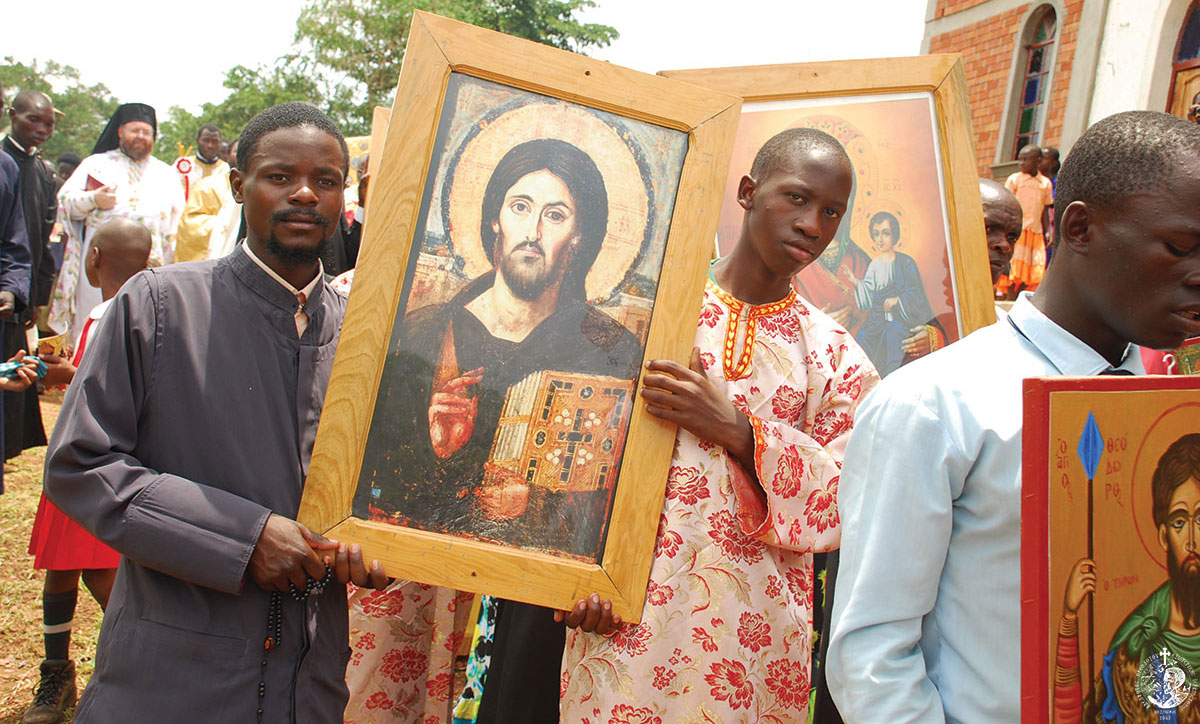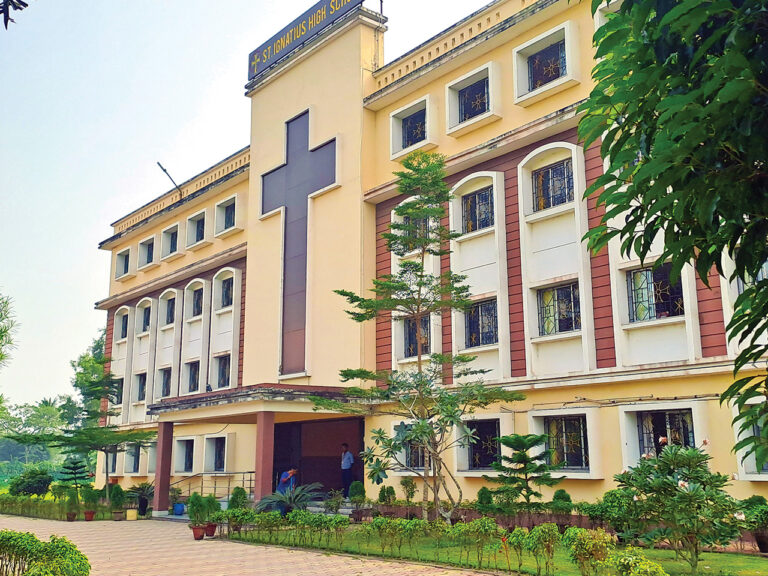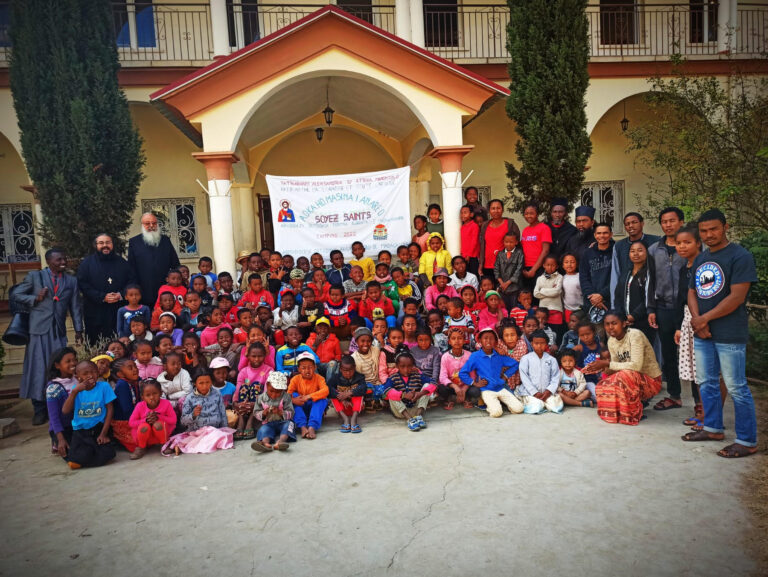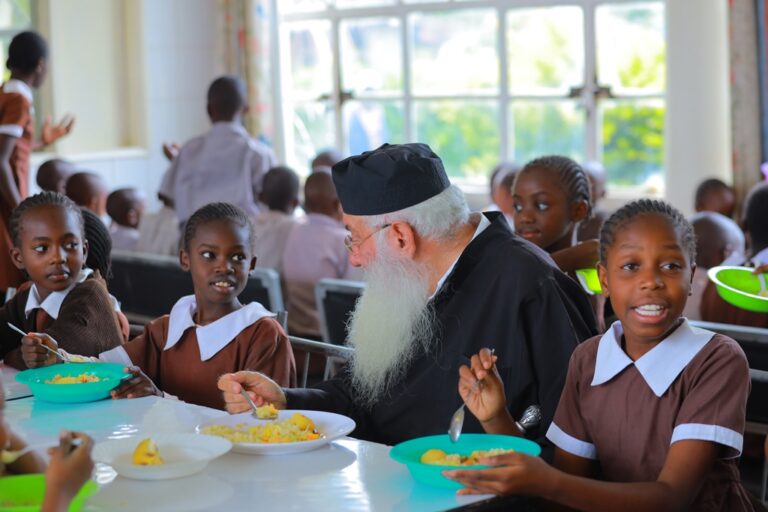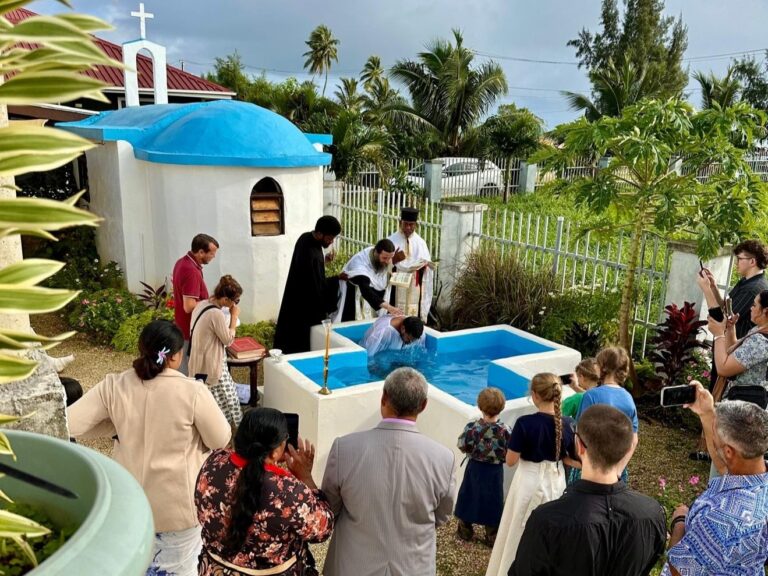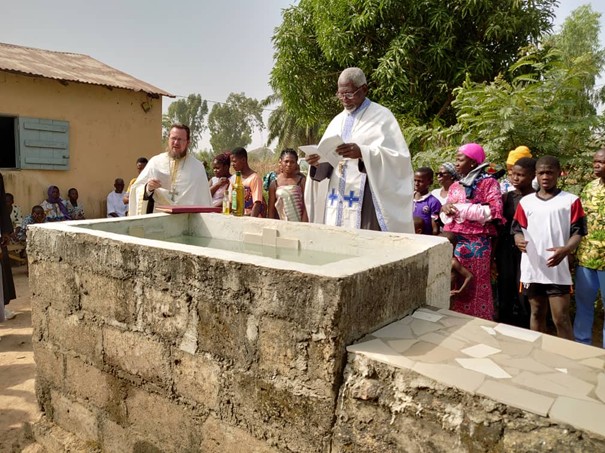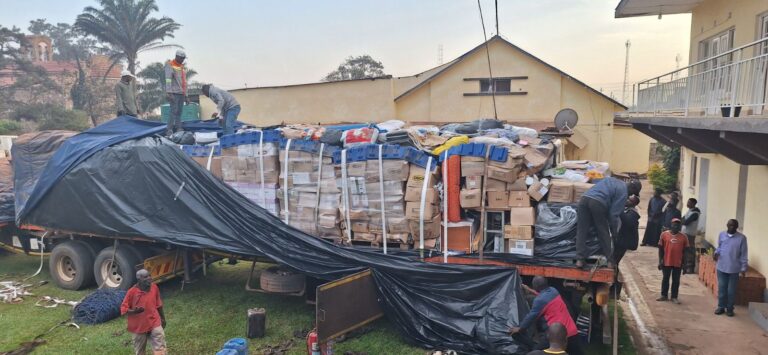The critical period for the Mission in Uganda is now
Through countless difficulties the Orthodox Church in Uganda has flourished. This is already an undeniable fact in the thoughts and history of the world. Indifferent to the open question, as far as it concerns the constitutive relationship of each of these Orthodox members with the Triune God. For this open question belongs to those mysteries which still remain inaccessible to objective investigation and experience.
- But after this agonizing germination, what remains?
- What’s next?
- How will it continue its existence and survival in the midst of contemporary global changes?
- How will this Church in Uganda sustain itself and grow?
Such and similar questions make this the most critical period in the history of the Orthodox mission in Uganda. Besides, it must also be consciously acknowledged that it has delayed the work of the Orthodox Mission in Uganda too long. Historians ought to describe the reasons for this delay for the admonition of future generations. For us now the questions are about issues and problems that are faced in our living reality.
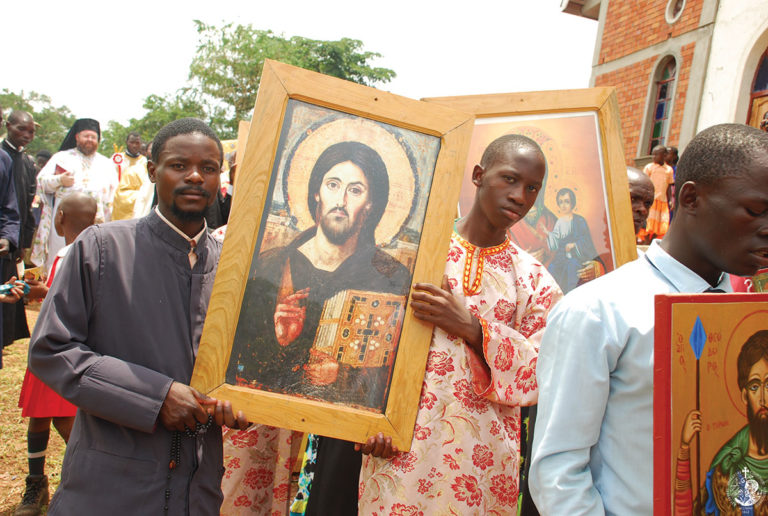
Despite all the contrasting situations of events, especially in Uganda, we believe that God’s plan is actually unfolding. But we remain concerned about our whole mission, and especially about the poor priests serving in Uganda at this critical time. For, when we abruptly entered the economic crisis, the flock was not yet ripe to bear fruit materially, socially and spiritually for self-sustaining and perpetuating the work. Thus, in Uganda, the priests will have to exert extraordinary efforts so that the preparation of the flock for maturity and self-sustainability will continue. That is, since we are necessarily living in the economic crisis and our Orthodox flock is not yet ripe for serious production and maintenance of the apostolic work, the greatest burden will be borne by the priests until the necessary preparations are made. For Uganda, of the whole body of believers, after the priests, another group that has a great responsibility now are the teachers and catechists. While the priests mainly serve the cycle of sacraments based on the Temple, the teachers and catechists mainly serve the cycle of education based on the School. We try to make it clear in everyone’s consciousness that priests are also responsible for the life and decent functioning of the Schools. The teachers of course do not want to understand it in this way. Because they see the Schools with more interest than the Churches.
Schools are somewhat productive and self-sustaining financially. The Temples have not reached this level . The work in the Temples is voluntary, with more freedom. The work in the Schools is done with more pressure, by necessity of the social system. That is why the Schools now have to help the Temples financially, until the Temples reach the point of helping the Schools in the future. This will be realized, since the same member-parents will also see their spiritual progress as a primary need…
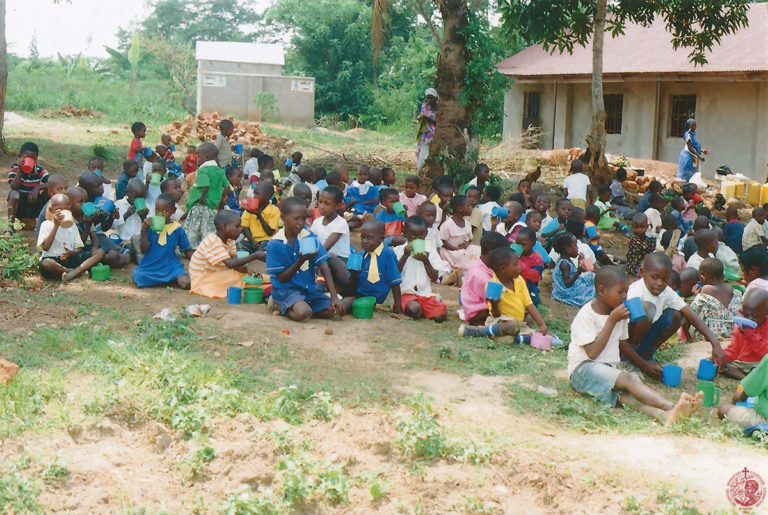
This dialectic of the most critical period for the Orthodox Mission in Uganda could be extended to other groups of the flock. But Christ the Redeemed has his own plans for the course of events. We hope for the best.
From the Holy Metropolis

